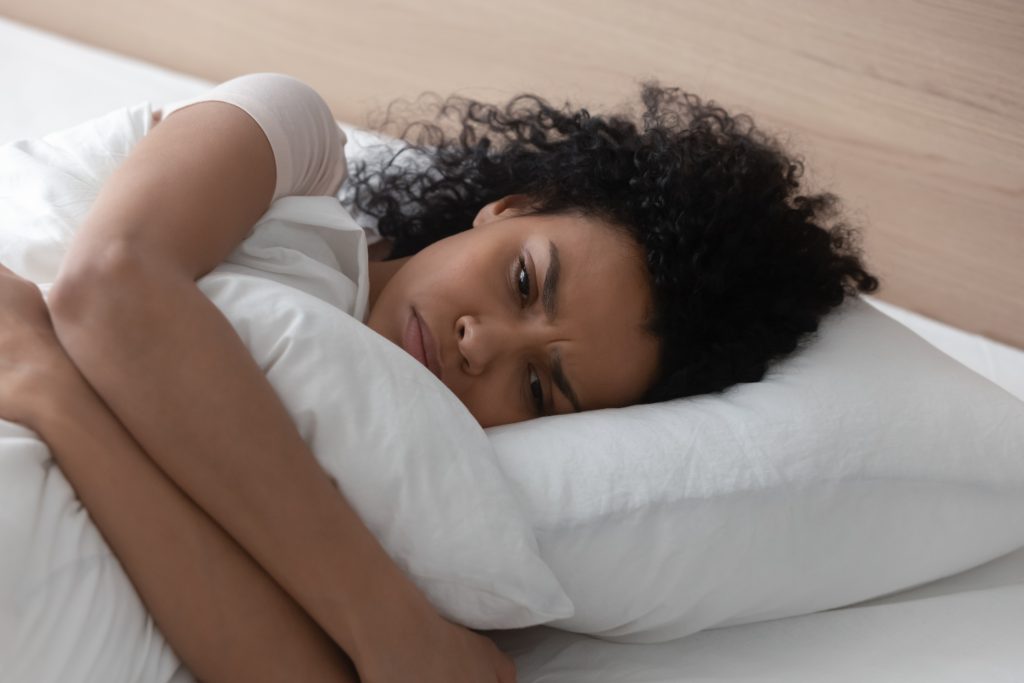Insomnia, trouble relaxing, night waking, un-refreshed sleep, nightmares #
Are you struggling to fall asleep? Or maybe waking up repeatedly at night? Or sleeping for 8 hours but still feel unrefreshed?
You may be struggling with a sleep disorder, defined as a “medical disorder of a persons sleep pattern”. Sleep disorders are serious as they can interfere with daily functioning, increase low mood anxiety and irritability.

There are different types of sleep disorders for example insomnia (chronic difficulty falling asleep or maintaining sleep) sleep apnea, nightmares, night terrors, circadian rhythm disorders and many more.
Insomnia is a frequent difficulty we see in our practice. In the UK 1 in every 3 people in the UK are affected.
Some of the symptoms of insomnia are:
- find it difficult to fall asleep
- lie awake for long periods at night
- wake up several times during the night
- wake up early in the morning and not be able to get back to sleep
- not feel refreshed when you get up
- find it hard to nap during the day, despite feeling tired
- feel tired and irritable during the day and have difficulty concentrating
Many people get insomnia on occasion without serious consequences. However for some people the problem can last for months or even years.
Persistent insomnia can have a significant impact on your quality of life. It can limit what you’re able to do during the day, affect your mood, and lead to relationship problems with friends, family and colleagues.
Psychological intervention can be very helpful in identifying and removing triggers for poor sleep. Sleep Hygiene is a whole approach to managing sleep concerns and utilised alongside psychotherapy been shown to help sleep disorders.
Another example are night terrors or nightmares. Often nightmares are intrusive material that is unprocessed in the conscious. Specific therapies called “nightmare re-scripting” are extremely helpful in reducing and stopping nightmares.
Night terrors are neurologically driven and certain behavioural techniques are very helpful in reducing their occurrence.
If you would like to know more about the treatment of sleep difficulties with psychological approaches please book a free telephone consult with Dr Abigail using the online diary.



